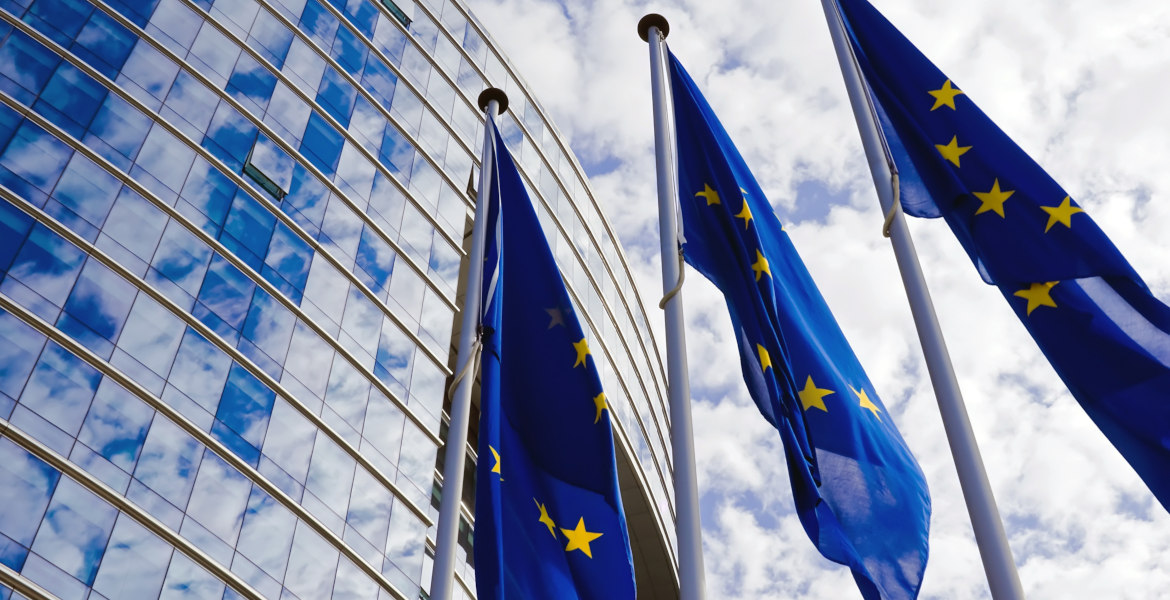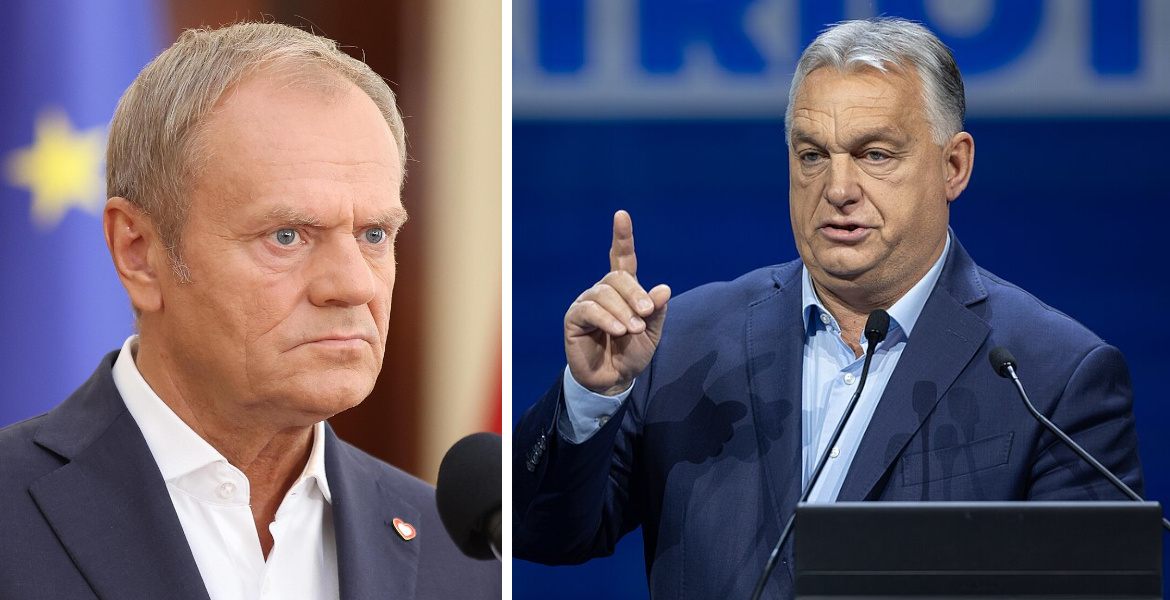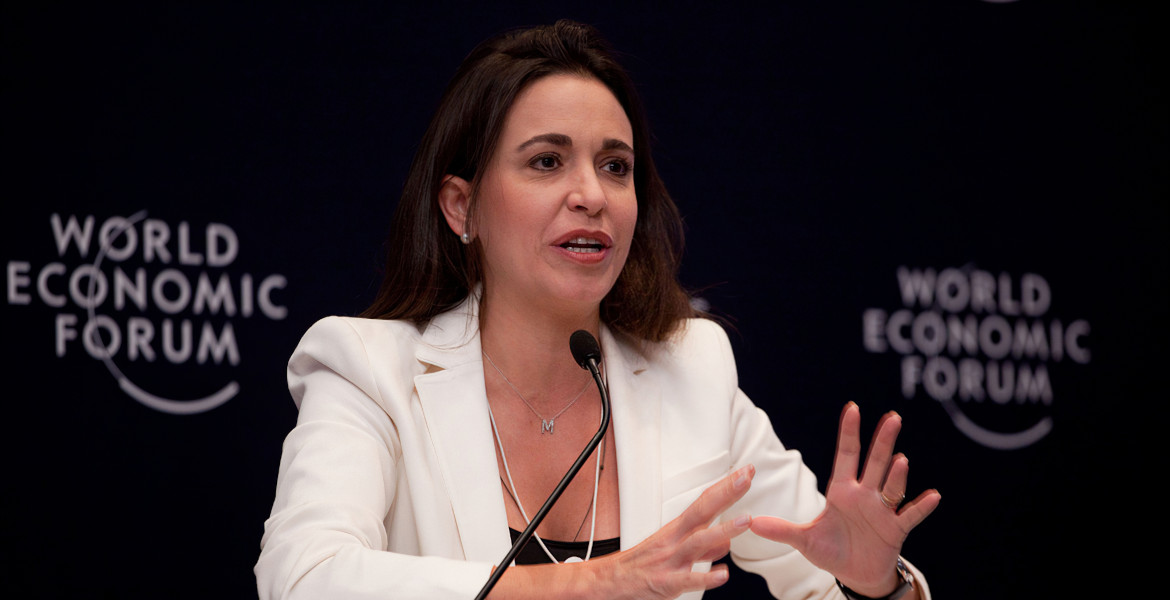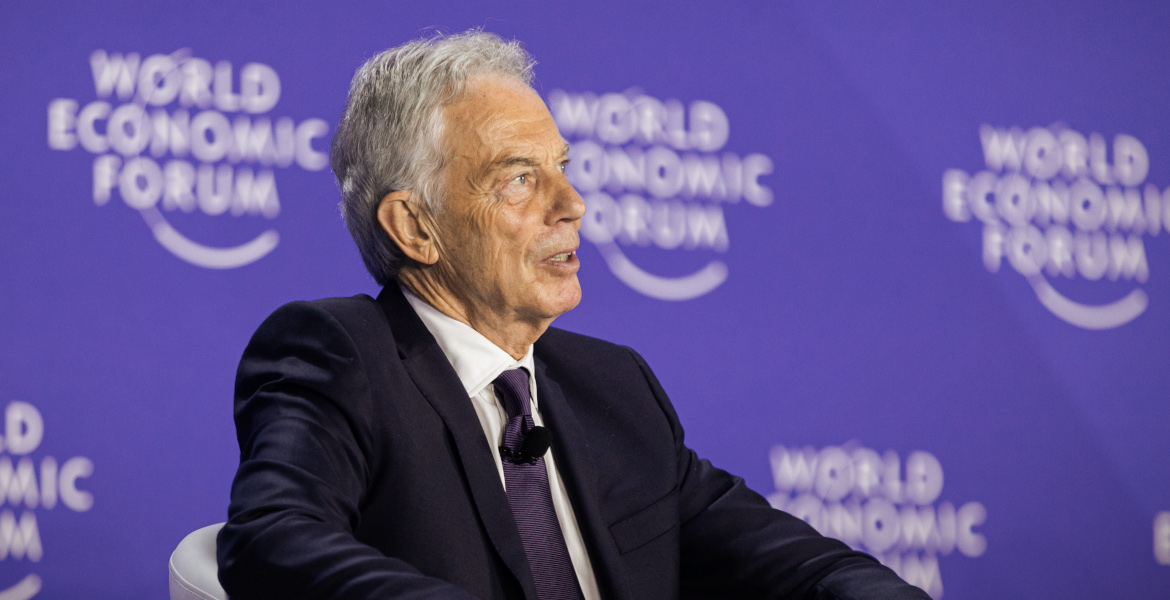Big Tech companies are deliberately manipulating the outcomes of our elections and the thinking and beliefs of our children. And they are having an enormous impact.
If you doubt that, consider this latest snippet of data from my lab, the American Institute for Behavioral Research and Technology (AIBRT).
Consider this: The GOP currently has a slim 10-seat majority in the House of Representatives. Without Google's interference in 2022, it would likely now have a majority of more than three times that size.
The 2022 midterm elections that gave the Democrats a two-vote majority in the U.S. Senate had quite a bit of help from Google, and, to a lesser extent, from a couple of other major tech companies.
If Google had not interfered in the 2022 midterm elections, the GOP would likely have ended up with a Senate majority of at least two seats.
The Big Tech companies that exploded into existence over the past 20 years -- as some of their prominent insiders have stated – have undermined our democracy, indoctrinated our children, and increasingly turned our freedom into an illusion.
Tristan Harris, a former "design ethicist" at Google, has warned that "the tech industry is creating the largest political actor in the world, influencing a billion people's attention and thoughts every day." Jaron Lanier, a computer scientist and one of the early investors in Google and Facebook, claims that Big Tech content has "morphed into continuous behavior modification on a mass basis." Another early investor in these companies, the prominent author and venture capitalist Roger McNamee, has said that he now regrets having financed them, and asserts that they constitute "a menace to public health and to democracy."
Rigorous Research
Such concerns are valid and the Senate numbers correct: we have been using rigorous, scientific methods to study Google and other tech companies for more than 10 years. During this time, we have discovered and quantified about a dozen powerful new forms of influence that the internet has made possible. We have also developed and deployed monitoring systems that track, record, and analyze the personalized content that Google and other tech companies send to voters and children 24 hours a day – in other words, we are monitoring their systems and doing to them what they do to us.
Our basic scientific, peer-reviewed studies clearly show the power that Google and other companies have to alter thinking and behavior. Our monitoring systems confirm that these companies are actually using these techniques, as confirmed by company whistleblowers, as well as by leaks of documents, emails, videos, and other materials from Google, Facebook, and Twitter.
The techniques we have discovered – the Search Engine Manipulation Effect, the Answer Bot Effect, the Targeted Messaging Effect, and others – can easily shift the opinions and voting preferences of undecided voters by between 20% and 80% after just one manipulation. Google can also repeat these manipulations many times over a period of months prior to an election.
Assuming the effects of these techniques are additive, Google can likely produce even larger shifts in opinions and voting preferences than the ones from a single manipulation used just once.
Google also knows exactly who is vulnerable to these manipulations – who is still undecided before Election Day, for example – so they can target and bombard just the right people on a massive scale 24 hours a day.
Our research has shown repeatedly that the manipulations used can make them invisible to people, and can often produce shifts of 40% or more in the voting preferences of undecided voters without anyone having the slightest idea they have been manipulated. They feel free, even while they are being strongly controlled. As one journalist wrote, "It really is the perfect crime."
Finally, our research measures the influence of "ephemeral experiences" -- their term -- meaning content that is seen briefly, affects the user, and then disappears forever, leaving no paper trail for authorities to trace, Most online content – search results, newsfeeds, video sequence, and so on – are ephemeral.
Can Google deliberately use ephemeral content to manipulate people? You bet. If you doubt that, read this 2018 article from the Wall Street Journal about some leaked emails from the company. In that email exchange, Googlers are discussing how they might use "ephemeral experiences" to change people's views about Trump's temporary 2017 travel ban on visitors from seven majority-Muslim countries.
Rapidly Growing Monitoring Capabilities
In the days leading up to the 2022 midterms, the American Institute for Behavioral Research and Technology monitored Big Tech content through the computers of 2,742 registered voters in 10 swing states, and preserved more than 2.5 million ephemeral experiences – data that is normally lost forever – on Google and other platforms.
We preserved overwhelming evidence of Google's manipulations on their search engine, on their video recommendations on YouTube (owned by Google), and even on their homepage on Election Day. On that day in Florida, for example, 100% of liberals received go-vote reminders on their version of Google's homepage (Figure 1), but only 59% of conservatives did (Figure 2).
The Tried and Tested Solution: a Permanent, Self-Sustaining Monitoring System
Google can, overall, easily shift the votes of between 20-80% of undecided voters; right now, that is about 40% of the electorate. This could be enormously consequential. By mid-2024, 20% of voters will likely still not have made up their minds on who to support. At that point, Google will still be able to shift up to 80% of the votes of those individuals -- or up to 16% percent of the electorate.
If, in 2024, 158 million people cast ballots, as they did in 2020, it means Google could likely shift the votes of between 6.4 and 25.5 million people, thereby easily controlling the outcome of any election in which the projected win margin is less than 4%. No laws or regulations are in place to stop them, but our monitoring can. We are monitoring their systems and doing to them what they do to us. When the Big Tech companies know that their manipulations are being watched, they back off. It has already worked to completely shut down manipulations in one important election.
On November 5, 2020, three U.S. Senators sent a strong warning letter to the CEO of Google expressing concern about the extreme political bias our monitoring system had detected in the days leading up to the presidential election – bias sufficient to have shifted at least 6 million votes to Joe Biden.
As a result, Google immediately shut down its election manipulations in the two upcoming Senate runoff elections in Georgia.
We were monitoring Google content through the computers of a politically-balanced group of more than 1,000 registered voters in that state. Go-vote reminders ceased, and so did bias in Google search results.
In other words, monitoring, combined with political pressure from our leaders and our public, can and will force Google and other tech companies to stay clear of our elections and our children. It will also give legislators, regulators, and litigants the ammunition they need to challenge both the company and its executives in court.
Since 2016, we set up six election monitoring systems, for only the weeks leading up to each election. After the 2022 midterms – with the results being so blatant and disturbing – we decided that the time had finally come to set up a permanent monitoring system in all 50 states – a $50 million project that we were able to launch with $3 million in donations from some patriotic Americans.
Without a permanent system like this in place, we will never know the extent to which Google-and-the-Gang are messing with our elections, our kids, or even with our own heads.
Yes, they do mess with us. As explained in "How Google Stopped the Red Wave," whenever you see online content screaming about Democrats who have perpetrated widespread ballot harvesting or ballot box stuffing, you are being manipulated by Google-and-the-Gang. It is their algorithms – controlled very precisely by their employees – that decide what content goes viral and what content is suppressed. If stories about other election irregularities are spreading like wildfire online and then being echoed on the news, it is because Google-and-the-Gang want them to. Why?
So you will not look at them – at the tech companies themselves.
As of this writing, we are preserving and analyzing Big Tech content through the computers of a politically-balanced group of 9,838 registered voters in all 50 states, and we have met our minimum "representative sample" thresholds in 5 states. We are also now monitoring and preserving content – some of which is quite alarming – through the phones and mobile devices of children and teens.
Best of all, we have now preserved more than 25 million ephemeral experiences on Google and other platforms – content that is normally lost forever. Our goal is to make our findings available to the public in real time, 24 hours a day, through dashboards such as America's Digital Shield.
The problem is: unless we can find additional major funding soon, we will have to start scaling down our effort in August and may have to shut it down completely soon after.
If this type of election interference continues unmonitored and unchallenged, could the GOP itself – and ultimately all of American democracy – become ephemeral experiences?
Dr. Robert Epstein
Note from the author: If you are concerned about the dangers the Big Tech companies pose to our democracy, our children, and our autonomy, please contribute at https://MyGoogleResearch.com. All donations are fully tax-deductible.
Robert Epstein earned his Ph.D. at Harvard University in 1981. He is currently Senior Research Psychologist at the American Institute for Behavioral Research and Technology. He has published 15 books and more than 300 articles in both mainstream media outlets and scientific journals, among them, Science, Nature, and the Proceedings of the National Academy of Sciences USA. He is the former editor-in-chief of Psychology Today magazine and was a longtime contributing editor at Scientific American. His 2019 Congressional testimony about Google can be viewed at https://EpsteinTestimony.com. To support or learn about his work, visit https://MyGoogleResearch.com or https://TechWatchProject.org.







